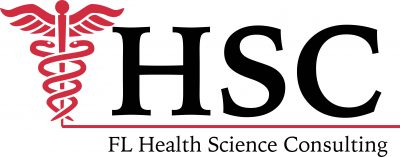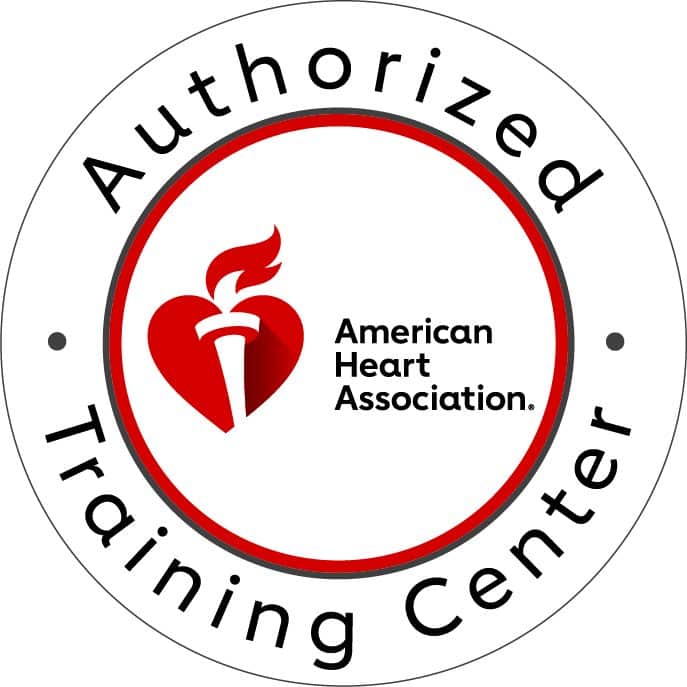The Lifesaving Power of Proper Compressions in CPR
When it comes to saving lives during a cardiac emergency, high-quality chest compressions are at the heart of effective CPR. Whether you’re a healthcare professional, a pre-med student, or a concerned citizen, mastering the art of compressions can mean the difference between life and death. At Florida Health Science Consulting, we emphasize the critical role of compressions in our American Heart Association (AHA) training courses, ensuring our students are prepared to respond confidently in emergencies.
Why Are Chest Compressions So Important?
Chest compressions are the cornerstone of CPR (Cardiopulmonary Resuscitation). Their primary purpose is to mimic the heart’s natural pumping action, maintaining blood flow to the brain and other vital organs when the heart has stopped beating. Here’s why they matter:
- Maintaining Blood Circulation: Proper compressions ensure oxygen-rich blood continues to circulate, reducing the risk of brain damage.
- Improving Survival Rates: Research shows that immediate, high-quality CPR can double or even triple a person’s chances of survival after cardiac arrest.
- Supporting Defibrillation: Effective compressions increase the likelihood of a successful shock from an AED (Automated External Defibrillator), a critical step in restoring a normal heart rhythm.
How to Perform High-Quality Chest Compressions
Learning proper technique is essential for effective CPR. Here are some key components of high-quality compressions:
- Correct Depth: Press down at least 2 inches for adults, 1.5 inches for infants.
- Proper Rate: Aim for 100-120 compressions per minute. Think of the beat of “Stayin’ Alive” by the Bee Gees as your rhythm guide.
- Allow Full Recoil: Let the chest return to its normal position after each compression to maximize blood flow.
- Minimize Interruptions: Keep pauses to less than 10 seconds to maintain continuous circulation.
Common Mistakes to Avoid
Even with the best intentions, common mistakes can hinder the effectiveness of CPR compressions. These include:
- Performing compressions that are too shallow or too slow.
- Leaning on the chest and not allowing full recoil.
- Interrupting compressions unnecessarily, such as to check for a pulse too frequently.
Our AHA-certified courses at Florida Health Science Consulting address these challenges with hands-on training, using advanced tools like feedback devices to help you perfect your technique.
The Role of Our Training Programs
At Florida Health Science Consulting, we’re dedicated to empowering individuals with the skills and confidence to perform life-saving CPR. Our comprehensive AHA training courses include:
- Basic Life Support (BLS): Learn the foundations of high-quality CPR, including chest compressions, rescue breaths, and AED use.
- Advanced Cardiovascular Life Support (ACLS): Gain advanced skills for managing cardiac emergencies, with a focus on team dynamics and effective compressions.
- Pediatric Advanced Life Support (PALS): Tailored for managing emergencies in infants and children, this course emphasizes age-appropriate compression techniques.
- CPR AED and First Aid: Designed for non-medical individuals, this course covers CPR basics and AED usage for adults, children, and infants.
Why Choose Us for CPR Training?
At Florida Health Science Consulting, we provide the highest quality training backed by the latest technology and AHA guidelines. Here’s what sets us apart:
- State-of-the-Art Tools: Our training includes AI-enabled feedback mannequins that ensure your compressions meet the correct depth and rate.
- Expert Instructors: Learn from certified professionals with years of experience in emergency response.
- Flexible Learning Options: We offer in-person, hybrid, and online courses to fit your schedule.
- Trusted Certifications: All certifications are AHA-approved, giving you the credibility and confidence to act in emergencies.
Take the First Step to Save a Life
Are you ready to master life-saving compressions? Enroll in one of our American Heart Association courses today:
- Basic Life Support (BLS) Training
- Advanced Cardiovascular Life Support (ACLS) Training
- Pediatric Advanced Life Support (PALS) Training
- CPR AED and First Aid Course
External Resources for Further Learning
For more insights into the importance of compressions and CPR, explore these trusted sources:
Don’t wait for an emergency to realize the importance of CPR training. Sign up with Florida Health Science Consulting and become equipped to make a difference. High-quality compressions save lives—and we’re here to ensure you’re prepared to deliver them.

